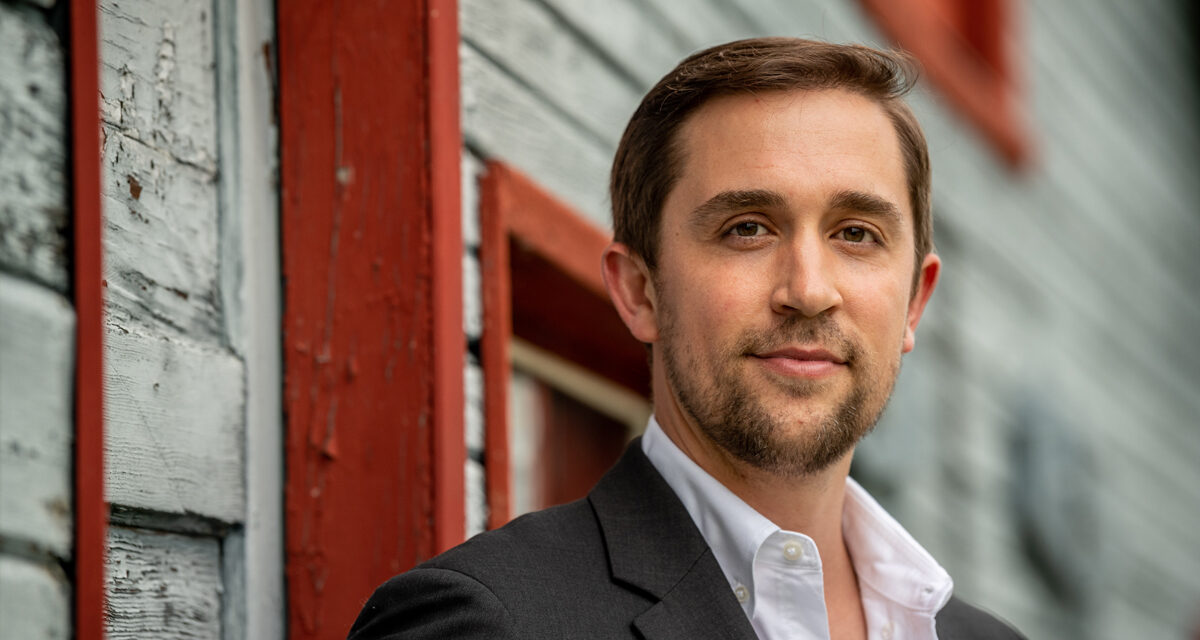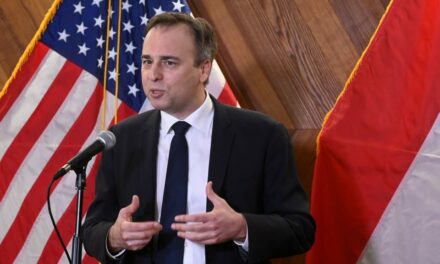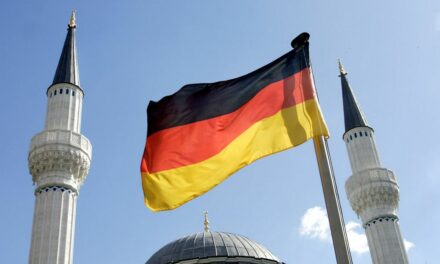What do foreign conservatives see in our country? Christopher Rufo, one of the well-known opinion leaders of the American right and a vocal critic of woke efforts, seeks the answer to this question in his thorough report analysis.
Chris Rufo, the well-known American conservative activist and commentator, wrote a long, report-like analysis of the discovery of Hungary by Western right-wingers and his own experiences in our country in Compact magazine .
What do the conservatives see in Hungary? Chris Rufo asks his question in the title of his article. In the article, the American conservative opinion leader, who gained fame with his action against woke tendencies, expresses his views on the meeting between international conservative circles and the Hungarian right-wing government.
According to Rufo, "Hungary is one of the most controversial small nations on Earth."
While the international press is sounding the alarm about the death of democracy, the rise of European illiberalism and the dawn of an authoritarian future, and painting Orbán as a xenophobic, fascist monster; until then, a part of the right-wing intelligentsia is raising Hungary on a shield, praising the policies of the right-wing government, the protection of sovereignty, families, civil society and national identity.
Rufo sees it as:
The atmosphere in Hungary is much more normal than these discussions suggest.
People work during the day, political parties argue, everyone is worried about inflation. Whatever Orbán's international reputation, most Hungarians support him and Fidesz, other Hungarians do not - but not with as much determination as American journalists or international non-governmental NGO organizations.
From Budapest to Miskolc, Chris traveled around the country, talking to diplomats, journalists, scientists, officials, students and ordinary citizens alike, in order to get a more complex picture of our country's politics.
Rufo was mostly interested in how, three decades after the collapse of Soviet communism, Hungary is trying to rebuild its culture and institutions, from schools to universities to the media. In this, they do not follow the principle of maximum laissez-faire, but a strong state policy, which aims to achieve conservative goals.
According to the American author, at the center of all these efforts is Viktor Orbán, whose tenacity and ability are recognized even by his enemies.
"Few were able to trick their opponents in this way and few were able to resist the Brussels consensus in this way."
Rufo states: Hungary is a small and homogeneous nation, whose policies cannot be directly transferred to a large and multicultural society like the American one. Still, there are lessons here for American conservatives. According to Rufo, Hungarian leaders are serious people who fight with the same forces as Western conservatives: the erosion of national culture, left-wing institutions, and the rejection of sexual difference.
“They may not win the fight, but their story is worth telling.”
The author first meets the Minister of Culture, János Csák, who explains to him: the West is struggling with an unprecedented crisis, and his task as minister is to strengthen the Hungarian national identity, leading the nation through the age of disintegration, so that Hungarians will still be here two hundred years from now live in the Carpathian Basin. According to Csák, while Americans think based on the idea of continuous progression, Hungarians think in terms of networks and the cyclical nature of history. Against the conquerors, the Hungarians built a lasting identity for themselves, while they were subjugated by many powers, from the Mongols to the Turks, Austrians, Germans, and Russians. Csák states: the task is to build institutions that create a healthy connection with the family, the nation and God.
Rufo recalls that the Orbáns have been in politics since 1989. He saw it as a young politician after the regime change,
as the ex-communists privatized the national wealth and became the new oligarchs.
They bought their villas in Buda, organized civil society and sold the factories and the media to the Germans, who left the former communist leaders in place. At that time, according to Rufo, the Hungarians lived in a democracy, but not in freedom. The people of the old regime still controlled society. When Orbán first came to power in 1998, he was not yet able to break the networks of the old order and lost the next election. “He realized that he was in office but not in power. The young, naïve speaker saw through the surface and vowed never to play the fool again."
Between 2002 and 2010, Orbán patiently built Fidesz into a suitable opposition to the ruling socialists.
His greatest innovation was the creation of counter-institutions, including the media,
which was able to oppose the forces of the former communists.
As a politician, Orbán got further, and after eight years of "wilderness" he returned to power and was ready to punish his opponents and reward his friends, writes Rufo. The second Orbán government immediately used its power to break the soft power hegemony of the socialists. Two-thirds of Fidesz accepted the new constitution, which declared Hungary a Christian nation, reformed the electoral system and reduced the number of parliamentary seats in a way that was favorable to his party. He also introduced a flat income tax and a strict migration policy.
According to the author, however, the Orbáns' most significant act, which is not recognized as much abroad, was that they reformed public and private institutions in order to create a conservative counter-hegemony. This extended to schools, universities, NGOs, media and government alike. The goal is to strengthen Hungary's cultural foundation, family life, Christian faith and historical memory -
by creating a conservative elite capable of maintaining all these.
The full report can be read HERE!
Featured image: Stuart Isett / The Washington Post












